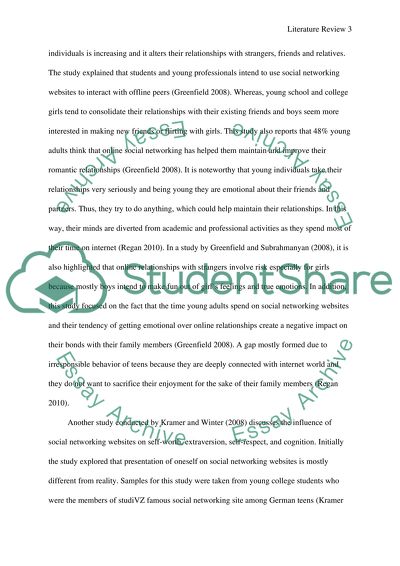Cite this document
(“Literature Review on the Effects of Social Networking Sites on Young”, n.d.)
Retrieved from https://studentshare.org/sociology/1448091-literature-review-on-the-effects-of-social
Retrieved from https://studentshare.org/sociology/1448091-literature-review-on-the-effects-of-social
(Literature Review on the Effects of Social Networking Sites on Young)
https://studentshare.org/sociology/1448091-literature-review-on-the-effects-of-social.
https://studentshare.org/sociology/1448091-literature-review-on-the-effects-of-social.
“Literature Review on the Effects of Social Networking Sites on Young”, n.d. https://studentshare.org/sociology/1448091-literature-review-on-the-effects-of-social.


